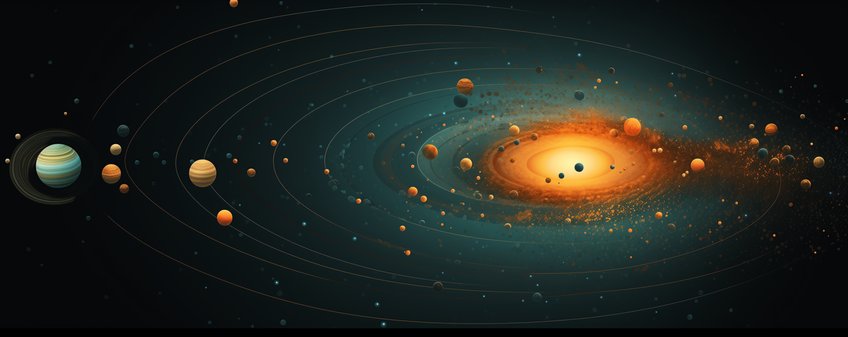
PhD Position in Planet Formation
UPDATE: This PhD project position has been filled. For preliminary info on the next recruitment round, please consult https://www.mps.mpg.de/phd/applynow
The Planet Formation Group is offering PhD opportunities focused on understanding the formation and subsequent evolution of planets. Our research aims to build the first comprehensive model that connects all stages of planet formation, from micron-sized dust grains to fully-formed planets, with a unique emphasis on leveraging evidence from Solar System materials.
We invite applications for a PhD project in one or more of the following research areas:
- Formation of Terrestrial Planets: Despite the critical importance of terrestrial planets in the context of habitability, many aspects of their formation remain poorly understood Terrestrial planets of the Solar System exhibit a particular volatile depletion trend, as illustrated by the carbon deficit problem. The goal of this project is to build a comprehensive understanding of the processes that led to the unique properties of these planets.You will develop a new model for terrestrial planet formation starting with star and disk formation and including dust condensation in the early disk as well as the formation and growth of planetesimals.
- Formation of the Last Planetesimals and Comets: The classical models have assumed that the gravitationally-bound building blocks of planets, planetesimals, all formed rapidly. However, evidence from meteorites demonstrates that planetesimal formation was ongoing for several millions of years. At such timescales, the gas disk dispersal must be taken into account in the models.In this project, your goal is to build models of the long-term evolution of the solar nebula to understand the formation of the most primordial meteorites and comets.
- Connecting Solar System Records to Planet Formation Models: The goal of this project is to build a comprehensive understanding of how the properties of meteorites can be used to constrain and improve models of Solar System formation. Meteorites are fragments of leftover planetesimals that did not make it into any planet. You will develop a framework to trace these planetesimals throughout Solar System formation models and compare their properties to meteorite parent bodies.
- Planetary System Diversity: Here you will conduct a comprehensive study of the key processes that determine the final masses, locations, and number of planets in a planetary system. This work will help identify the factors that drive the diversity of the exoplanet systems observed today.
We encourage interested candidates to indicate their preferred research area and are open to proposals for additional topics within the scope of planet formation and Solar System evolution.











